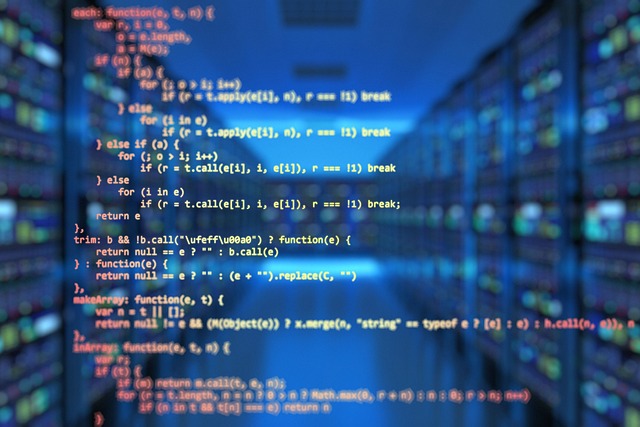
In 2500, advanced algorithms will significantly shape society, technology, and everyday life, surpassing our current understanding.
Algorithms have evolved from simple rules to complex systems capable of driving machines, predicting weather, and personalizing online experiences. By 2500, they may be more efficient and error-free than human decision-makers, interpreting emotions, understanding social dynamics, and providing solutions considering long-term consequences and ethics.
Future healthcare will be significantly transformed by advanced algorithms, enabling predictive models to identify and predict potential health issues, promoting personalized medicine. These algorithms, powered by quantum computing and real-time data, will perform instant diagnoses and recommend treatments with precision. Robotic surgeons and continuous health monitoring through implants and wearables will lead to a significant reduction in disease mortality.
Autonomous systems will be the backbone of future societies. From self-driving vehicles and autonomous drones to self-sustaining agricultural systems, algorithms will govern the efficient management of resources and services. Traffic jams, waste management issues, and energy crises will become relics of the past. Complex city planning will be managed by highly intelligent systems that can optimize space, ensure resource distribution, and maintain environmental sustainability. As these algorithms learn and adapt, they will continually refine processes to create living environments that are safe, efficient, and pleasant.
Education will undergo a radical transformation by 2500. Algorithms will create adaptive learning environments tailored to each student’s needs, strengths, and interests. Traditional classrooms will give way to immersive virtual and augmented reality experiences, providing hands-on learning regardless of physical location. AI tutors, powered by advanced algorithms, will offer one-on-one coaching, track progress in real-time, and adjust lesson plans to maximize comprehension and retention. Lifelong learning will become commonplace, with individuals continually updating their knowledge and skills in response to the ever-evolving demands of the world. The result will be a society where education is personalized, accessible, and integrated into daily life.
As algorithms become central to every aspect of life, the ethical considerations surrounding their design and implementation will be paramount. Ensuring fairness, transparency, and accountability will be crucial. Algorithms will need to be designed with built-in checks to prevent biases and ensure they do not perpetuate or exacerbate existing inequalities. Researchers and policymakers will focus on developing frameworks and guidelines to regulate the ethical use of algorithms in all fields. These regulations will aim to protect individual rights while maximizing the benefits of technological advancements. Understanding the societal implications of algorithmic decisions and ensuring a balanced approach will be key to creating a future that is both technological advanced and ethically sound.
In essence, as we look to the year 2500, the role of algorithms in shaping our world cannot be overstated. The developments in healthcare, societal operations, education, and ethical standards will redefine what it means to live in a technologically integrated and advanced society. The algorithms of tomorrow hold the promise of a future that is not only more efficient and productive but also more equitable and ethical.